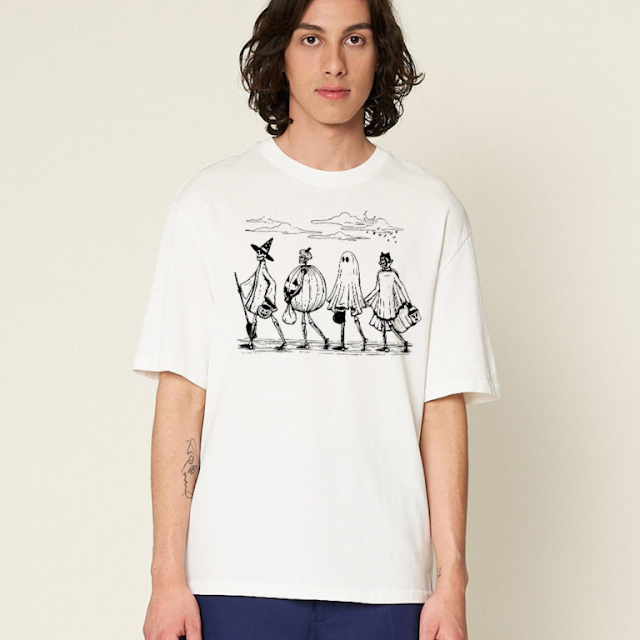Global Intifada Abu Obaida Free Palestine Shirt
Global Intifada Abu Obaida Free Palestine Shirt
In an era where fashion speaks louder than ever, protest clothing has become a canvas for political expression, cultural identity, and resistance. One of the most striking and controversial examples of this trend is the “Global Intifada Abu Obaida Free Palestine” shirt — a piece that does not merely clothe the body, but declares allegiance to a cause, invites political discourse, and raises critical questions about the role of symbolism in activism.
A Shirt That Speaks Volumes
At first glance, the design is simple yet jarring: “Global Intifada” printed in bold letters, followed by the name “Abu Obaida”, and the phrase “Free Palestine” underneath. Each word is politically loaded, deeply contextual, and emotionally charged.
The phrase Global Intifada references a broader, transnational solidarity with Palestinian resistance. It signals a call to mobilize beyond borders — to align global struggles against oppression, militarism, and colonialism. To wear the phrase is to assert a political identity that transcends geography, calling on people around the world to resist what they see as injustice.
The inclusion of Abu Obaida, the spokesperson for Hamas’s military wing, brings the shirt into more controversial territory. For supporters of the Palestinian cause, he represents steadfast resistance under siege. For critics, his presence signals a disturbing association with violence and extremism. This name alone ensures that the shirt won’t go unnoticed — or uncontested.
The phrase “Free Palestine”, meanwhile, has long been a rallying cry across protests, graffiti, social media, and art. It encapsulates the demand for Palestinian liberation, whether through peaceful means, diplomatic channels, or — for some — armed struggle. Its inclusion ties the garment to a larger movement, one that spans decades and generations.
Political Fashion: A Double-Edged Sword
Fashion has always had the power to provoke, inspire, and challenge. From Che Guevara’s image on T-shirts in the 1960s to modern Black Lives Matter apparel, what we wear often signals what we believe. The “Global Intifada Abu Obaida Free Palestine” shirt fits squarely into this tradition — but with sharper edges.
Its message is unmistakable, but so is its controversy. Critics argue that the glorification or normalization of militant figures risks promoting violence or reducing complex struggles into aesthetic statements. Supporters counter that such figures, rightly or wrongly, have come to symbolize survival and resistance in the face of overwhelming odds.
This tension reflects a larger dilemma within protest fashion: when does political expression cross the line into endorsement? When does solidarity become spectacle? And who gets to decide?
Wearing Resistance in the Global Age
What cannot be denied is the shirt’s symbolic power. In cities around the world — from London to Beirut, New York to Berlin — people are wearing similar designs not just to make fashion statements, but to claim political space. For young activists, especially in the diaspora, it’s a way of saying: I see what’s happening, and I refuse to be silent.
But as with all bold expressions, context matters. A shirt like this will be read differently depending on who sees it, where it is worn, and in what political climate. In some spaces, it might be a badge of courage. In others, a source of fear or division.
Final Thoughts
The “Global Intifada Abu Obaida Free Palestine” shirt is not just about Palestine — it’s about global protest culture, the ethics of resistance, and the limits of political expression. It forces us to ask difficult questions about whose voices we elevate, how we signal solidarity, and what happens when art, fashion, and ideology collide.
Supporters see it as a necessary reminder of a people’s struggle for self-determination. Critics argue that associating with figures like Abu Obaida can obscure more peaceful paths to justice and dialogue.
Ultimately, the “Global Intifada Abu Obaida Free Palestine” shirt reflects the ongoing role of fashion as a platform for political messaging. It speaks to a generation that uses clothing not just to express style but to embody values — whether those values are peace, resistance, or revolution. Wearing this shirt means taking a stand — one that is likely to provoke conversation, controversy, and, for many, a deeper awareness of the complex realities in Palestine and beyond.



Comments
Post a Comment